Do you sleep facing north? According to sleep experts you really should be
If you're struggling to drift off, the key could be in the direction you're sleeping

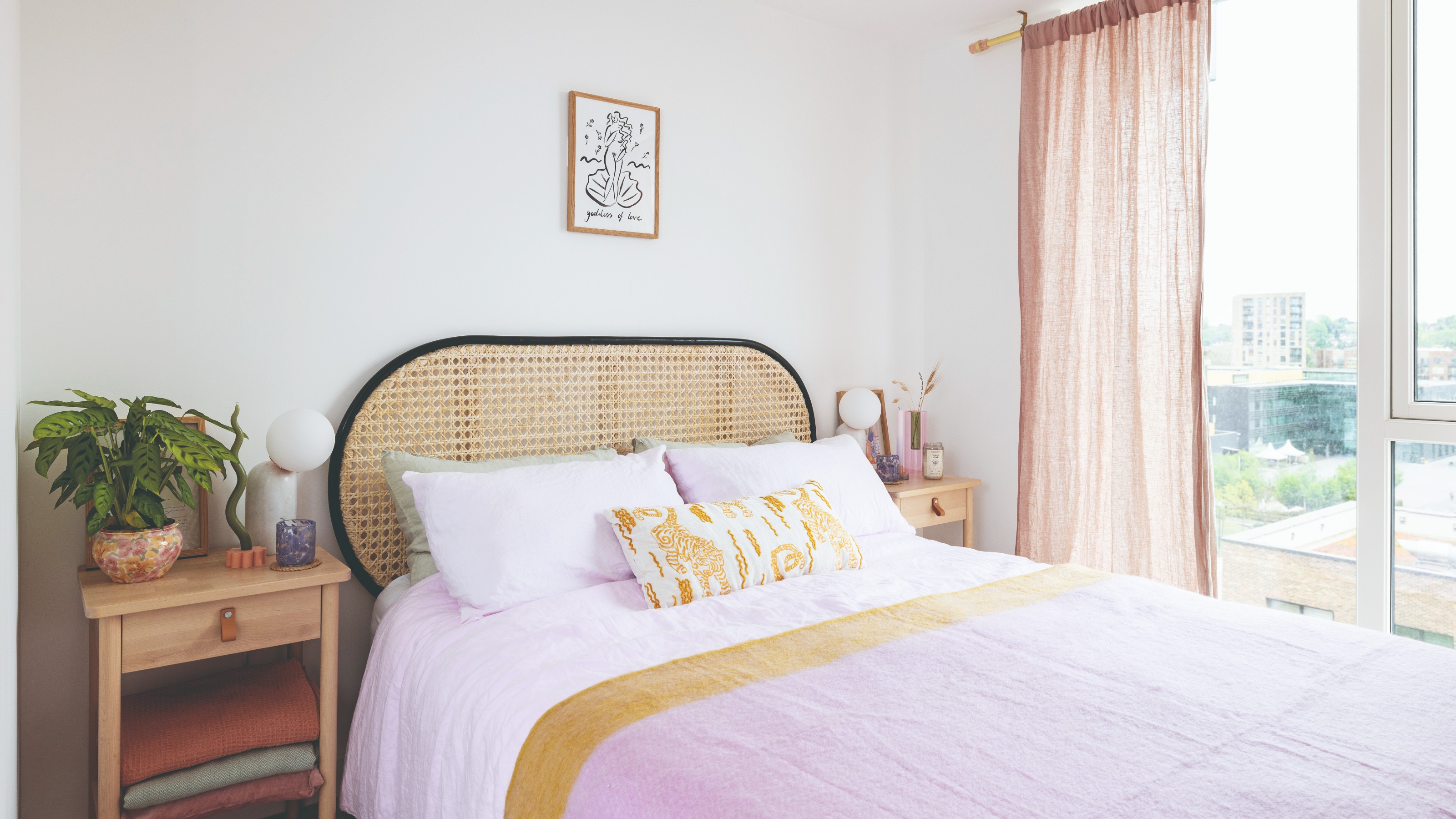
When it comes to our sleep, we're just about ready to try anything that can help us drift off better. Recently, our interest was piqued by the idea that the direction in which you sleep could actually have an impact. So should you sleep facing north? Or is the south better? East? West?
Knowing how to sleep better is important as sleep has a huge impact on the quality of our whole life. And yet, 74% of adults in the UK report bad sleep quality. So we wanted to give you a definitive answer on whether the direction in which you sleep along with the best mattress can impact your sleep quality.
We asked some of the best sleep experts, psychologists and therapists whether there is something to this theory or if it’s just a myth.
Should you sleep facing north?
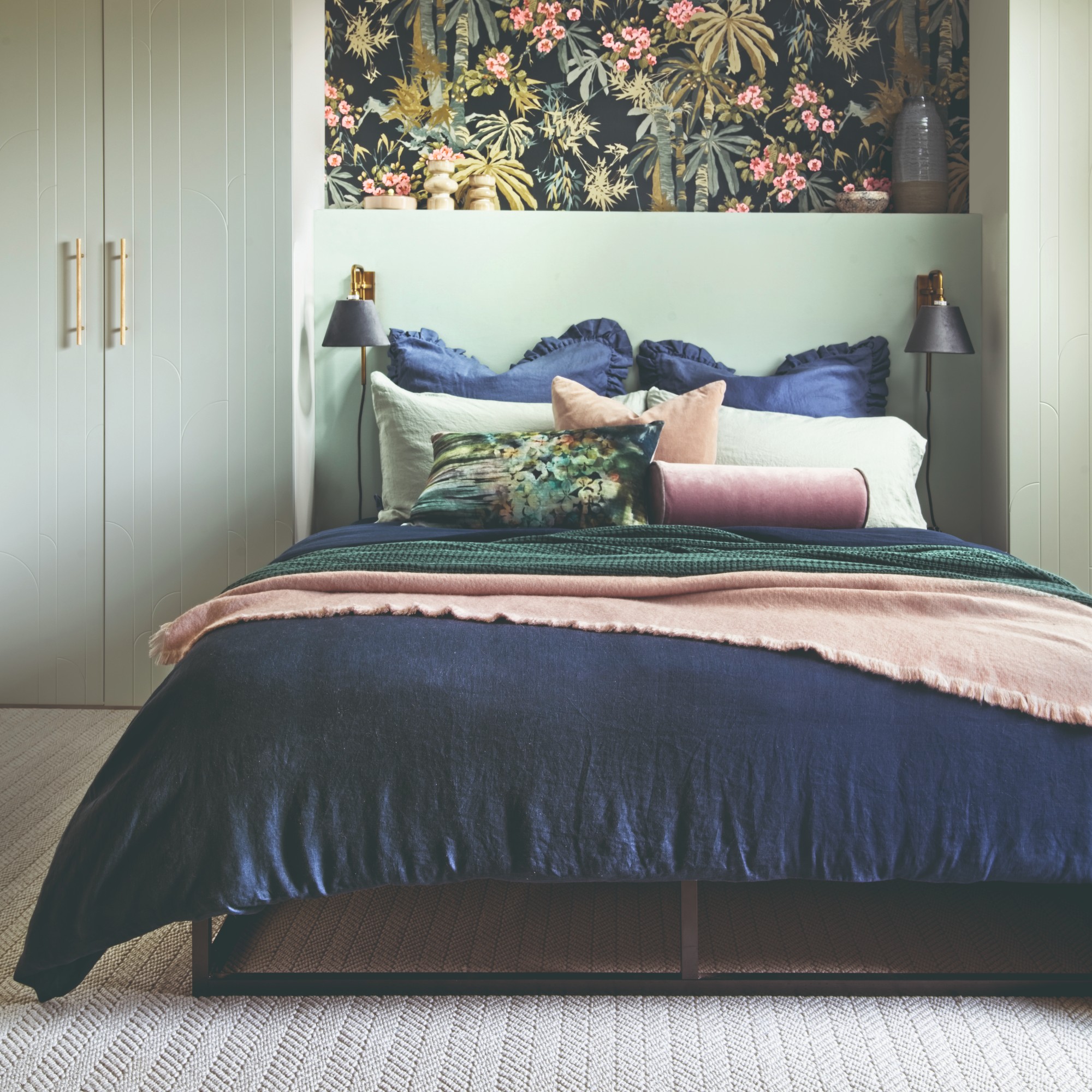
If you want the quick and easy answer, then yes, there is research supporting the benefits of sleeping with your bed facing north - your head pointing south and feet towards the north. But the reason why is far more interesting and important.
‘Although the effects of sleep orientation on health and wellbeing need further research to be scientifically validated, some ancient Eastern medicine philosophies have provided guidance for designing an optimal sleep environment for centuries,’ says Dr Ana Brito, Certified Expert Somnologist by the European Sleep Research Society. ‘Recent research has shown that sleeping with your head to the south may promote better sleep, heart health, and mental health.’
The Eastern philosophies Dr Ana refers to are namely feng shui and the less known vastu shastra, an architectural practice originating from India that views ‘buildings as living organisms that can be designed in harmony with the energy of the universe,’ explains Dr Katherine Hall, sleep psychologist at Happy Beds. Both of these ancient practices have very clear ideas on how to arrange furniture in a bedroom. And your entire house for that matter.

Dr Ana Brito is a Certified Expert Somnologist by the European Sleep Research Society with 15+ years in sleep disorder treating. She received a Physiology Degree from Coimbra University and a Master Degree in Sleep Sciences from the Faculty of Medicine at Lisbon University. She has lectured in the UK and Portugal, whilst developing years of clinical and research experience within the NHS and private healthcare practices. Dr Brito is also a member of the American Academy of Sleep Medicine and the European sleep Research Society.
‘If we view the body as a system of electrical energy then it makes total sense that the orientation and position of your bed and the direction in which you sleep can affect your sleep,’ says Dr Nerina Ramlakhan, physiologist and sleep therapist.
Sign up to our newsletter for style inspiration, real homes, project and garden advice and shopping know-how
‘As we know, the Earth has an electromagnetic field and according to vastu shastra your north pole is your head and your south pole is your feet,’ she concludes. According to this theory, sleeping with your head to the south and feet to the north means you’re aligning opposite poles, which in electromagnetic terms is a good thing.
What’s wrong with sleeping in other directions?
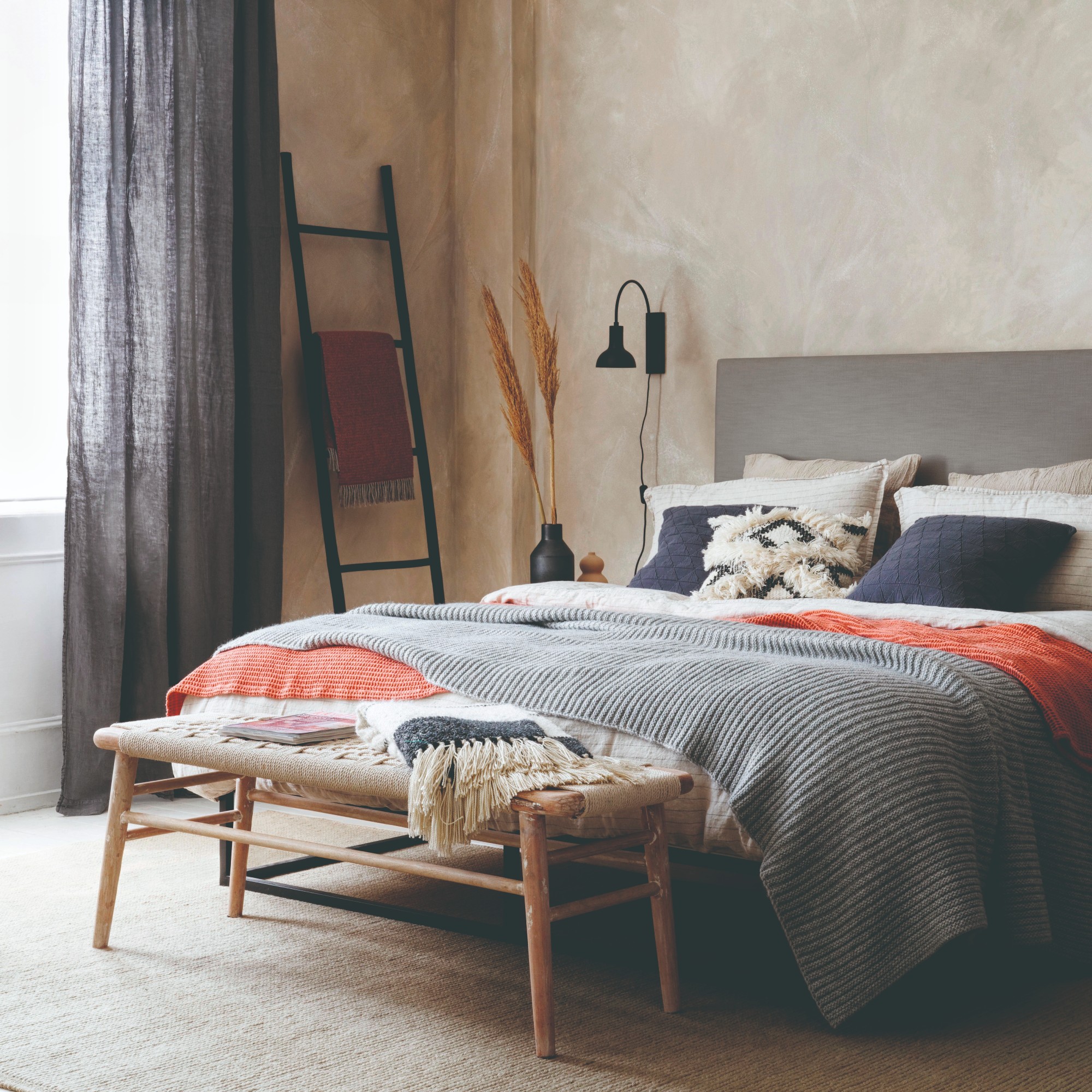
Based on vastu shastra, aligning your body’s electromagnetic energy with the Earth’s should lower blood pressure and lead to a deeper sleep. And these principles have been proven to work when put to practice.
‘Incorporating Maharishi Vastu® architecture principles into buildings correlates with significant improvements in occupants’ physical and mental health and quality of life: better sleep, greater happiness of children, and the experience of heightened sense of security and reduced stress,’ reports Dr Ana. Well, doesn’t that sound lovely.
‘Some people may think of cardinal directions and sleep as more of a superstition, but studies have proven they can actually have an effect on how we sleep,’ adds Dr Katherine. ‘One study found that sleeping with your head towards the north leads to more headaches and tension; and that your entire bedroom should be organised so that your head points southward whilst sleeping, in line with the Earth’s magnetic pull.’

Dr Nerina Ramlakhan is a renowned physiologist and sleep expert and regularly hosts sleep programmes and workshops. She is the bestselling author of four books about sleep. For over two decades Dr Nerina has specialised in maximising individual and organisational performance. After completing her post-doctoral training and research into the effects of lifestyle interventions on the alleviation of mental disorders, she spent five years in corporate health screening before studying organisational psychiatry and psychology at Guys Hospital and beginning organisational consultancy, workshop facilitation and coaching.
Headaches, insomnia, high blood pressure - these are all potential results of sleeping in the wrong cardinal direction. Some research has even ‘shown that those who sleep in the north-south position also take longer to enter rapid eye movement (REM) sleep, an essential stage of sleep for cognitive functioning, emotional well-being, and overall health,’ cites a report from Sleep Foundation.
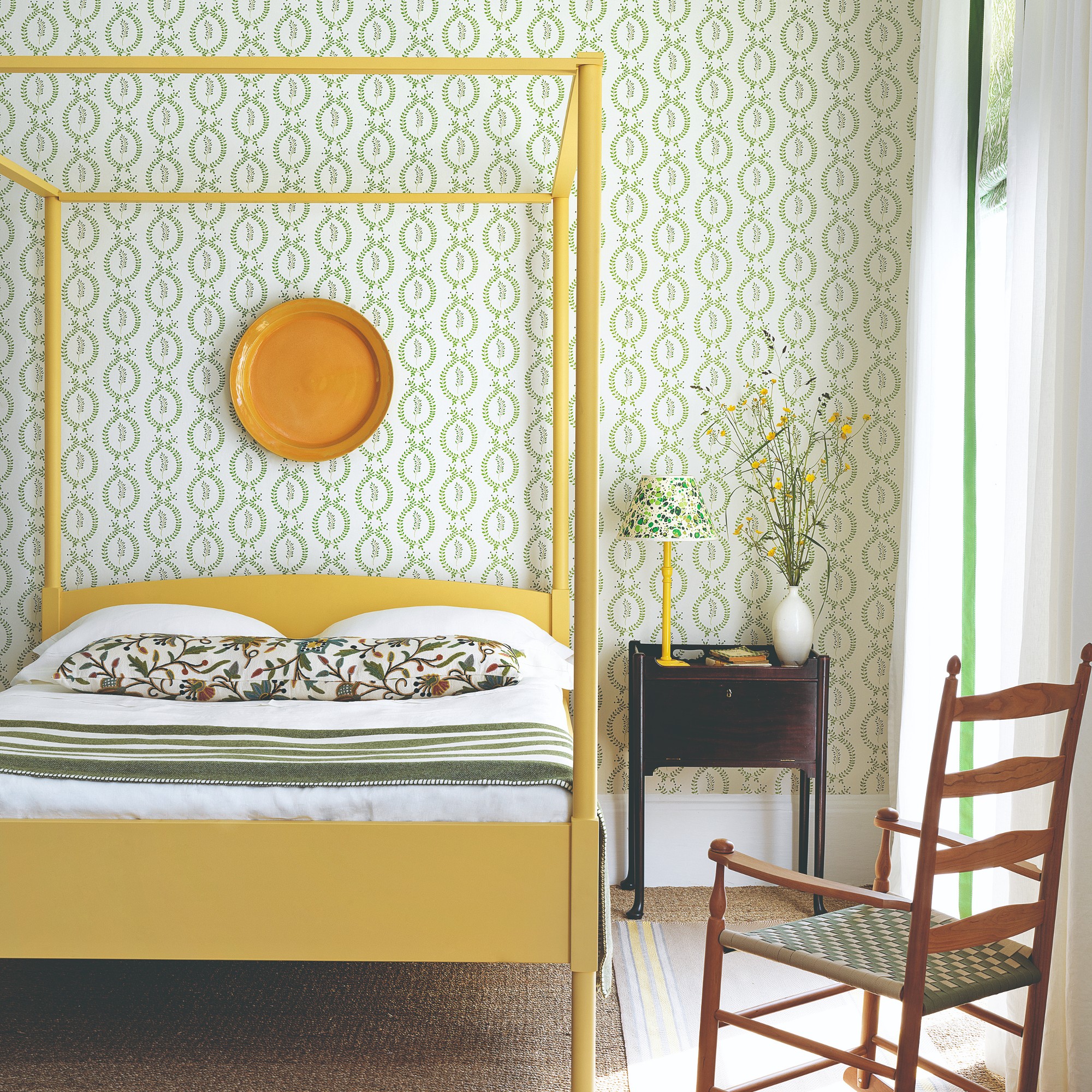
Similarly, feng shui, an ancient Chinese tradition using energy to harmonise people with their surroundings, provides some further bedroom layout ideas based on cardinal directions to help us sleep better.
‘Feng shui also places a great deal of value on the orientation of buildings and cities in relation to features of the environment,’ explains Dr Ana. ‘According to feng shui, different cardinal directions have different meanings or values. When applied to bedroom orientation, the direction of sleep may depend upon balancing chi with other features of the room, like the placement of doors.’
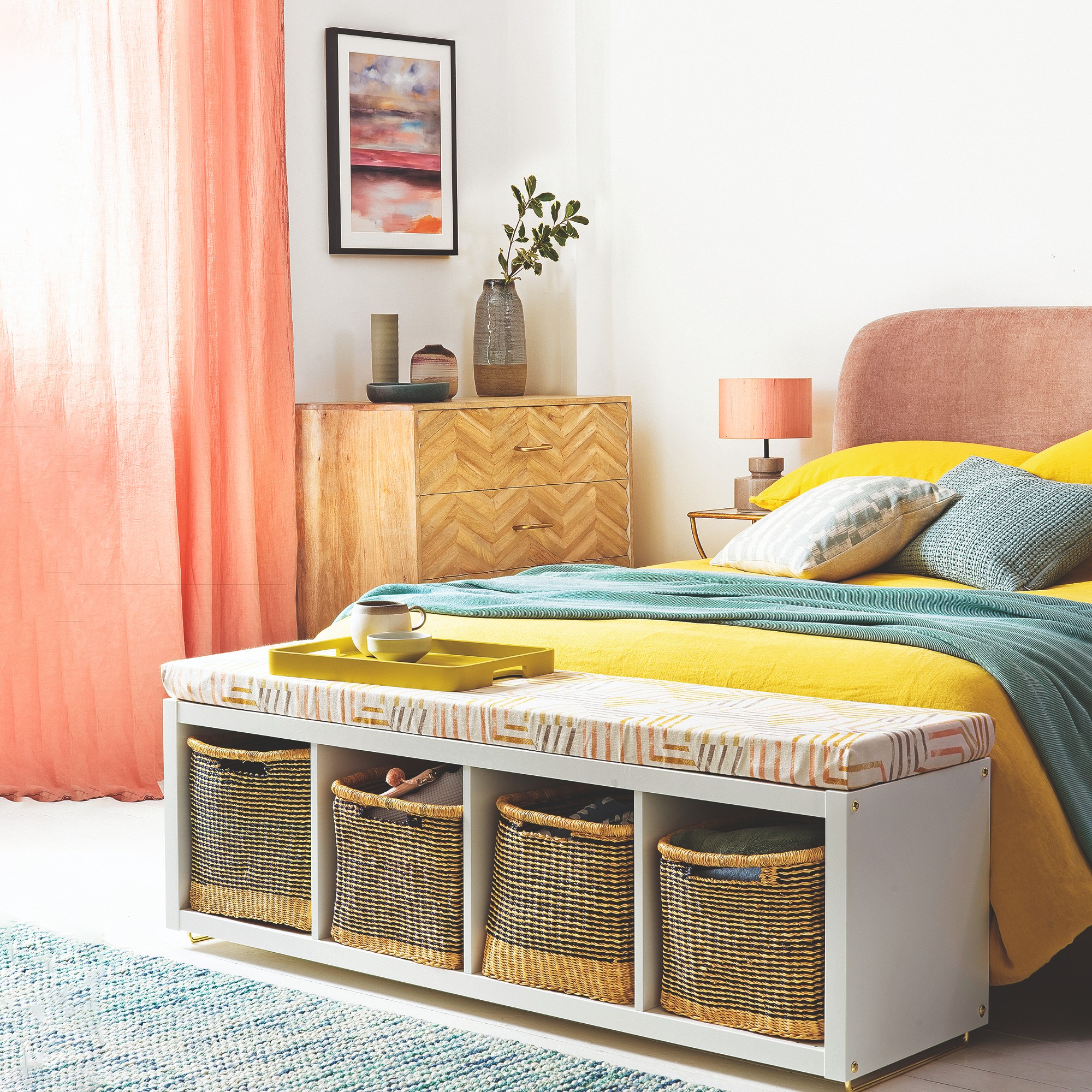
And while Kora Habinakova, sleep expert from Sleepseeker, is more skeptical when it comes to the question of whether you should sleep facing north or not, she does think rearranging the layout of your bedroom could help with your sleep.
‘If you’re struggling to sleep or struggling with blood pressure, try finding out which direction your bed is facing and see if changing it improves your sleep. Everyone has personal sleep preferences and should experiment with what direction suits them.’

Sara Hesikova has been a Content Editor at Ideal Home since June 2024, starting at the title as a News Writer in July 2023. She is now also the Ideal Home Certified Expert in Training on Furniture, and so far has tested over 150 different sofas.
Graduating from London College of Fashion with a bachelor’s degree in fashion journalism in 2016, she got her start in niche fashion and lifestyle magazines like Glass and Alvar as a writer and editor before making the leap into interiors, working with the likes of 91 Magazine and copywriting for luxury bed linen brand Yves Delorme among others.